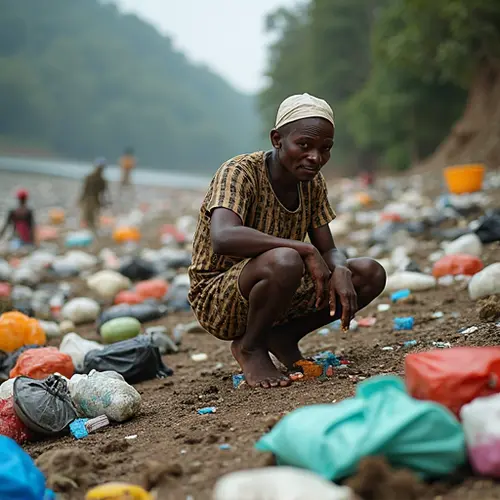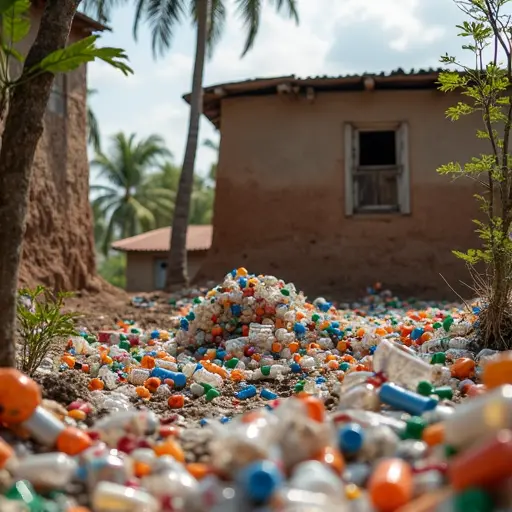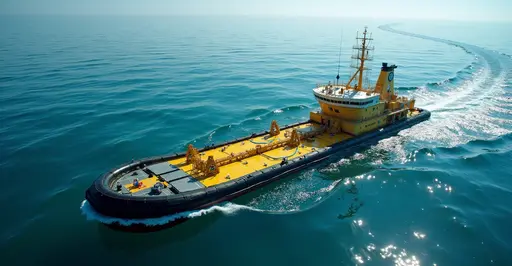
Global Plastic Negotiations End Without Agreement
The fifth session of UN negotiations for a global plastic pollution treaty has concluded without agreement after oil-producing nations blocked progress. The talks in Geneva saw intense divisions between a coalition of 100+ countries seeking production limits and a smaller group of petroleum-rich nations opposing restrictions.
Industry Influence Dominates
Evidence shows the fossil fuel industry deployed 234 lobbyists to the negotiations - outnumbering country delegations. Major oil companies like Shell and ExxonMobil have invested heavily in plastic production as transportation shifts toward renewable energy. "The petrochemical industry is determined to bury us for short-term profits," stated a Greenpeace negotiator.
Key Sticking Points
Disagreements centered on core issues: defining plastic types, establishing production caps, regulating toxic chemicals in plastics, and setting recycling targets. The chair's compromise text, presented late in negotiations, removed critical environmental protections, leading to its rejection by ambitious nations.
Environmental Consequences
Plastic production has doubled since 2000 and continues exponential growth. Current estimates suggest oceans may contain more plastic than fish by weight by 2050. Microplastics now contaminate human blood, organs, and even placentas, with unknown long-term health effects.
Path Forward Uncertain
While environmental groups call the outcome a "wake-up call," industry representatives express disappointment but highlight "positive political will." The future of multilateral plastic regulation remains uncertain, with no date set for further negotiations.

 Nederlands
Nederlands
 English
English
 French
French
 Deutsch
Deutsch
 Espaniol
Espaniol
 Portugese
Portugese








